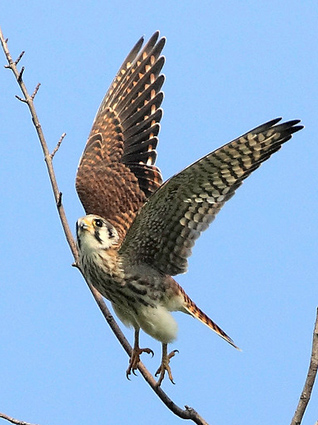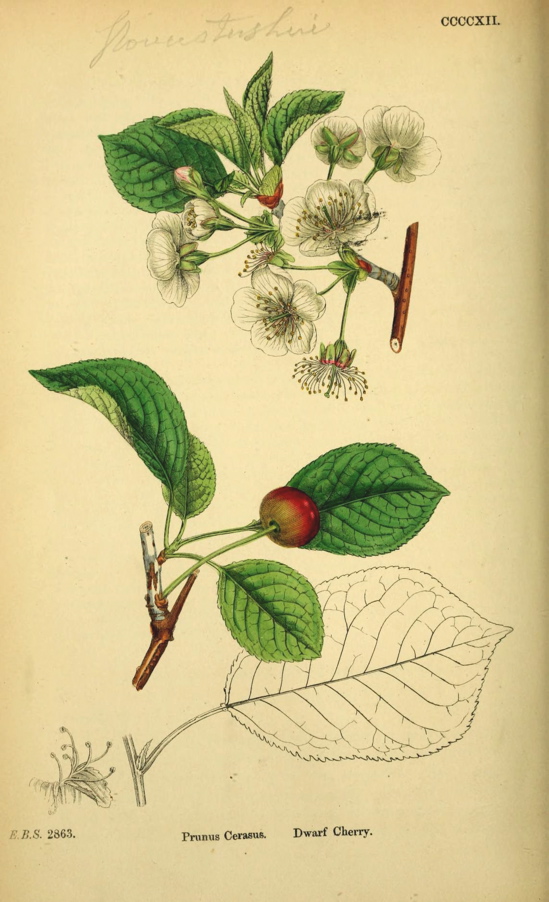Two poems by Mary Oliver.
—
White Owl Flies Into and Out of the Field
Coming down out of the freezing sky
with its depths of light,
like an angel, or a Buddha with wings,
it was beautiful, and accurate,
striking the snow and whatever was there
with a force that left the imprint
of the tips of its wings — five feet apart —
and the grabbing thrust of its feet,
and the indentation of what had been running
through the white valleys of the snow —
and then it rose, gracefully,
and flew back to the frozen marshes
to lurk there, like a little lighthouse,
in the blue shadows —
so I thought:
maybe death isn’t darkness, after all,
but so much light wrapping itself around us —
as soft as feathers —
that we are instantly weary of looking, and looking,
and shut our eyes, not without amazement,
and let ourselves be carried,
as through the translucence of mica,
to the river that is without the least dapple or shadow,
that is nothing but light — scalding, aortal light —
in which we are washed and washed
out of our bones.
Little Owl Who Lives in the Orchard
His beak could open a bottle,
and his eyes – when he lifts their soft lids –
go on reading something
just beyond your shoulder –
Blake, maybe,
or the Book of Revelation.
Never mind that he eats only
the black-smocked crickets,
and the dragonflies if they happen
to be out late over the ponds, and of course
the occasional festal mouse.
Never mind that he is only a memo
from the offices of fear –
it’s not size but surge that tells us
when we’re in touch with something real,
and when I hear him in the orchard
fluttering
down the little aluminum
ladder of his scream –
when I see his wings open, like two black ferns,
a flurry of palpitations
as cold as sleet
rackets across the marshlands
of my heart
like a wild spring day.
Somewhere in the universe,
in the gallery of important things,
the babyish owl, ruffled and rakish,
sits on its pedestal.
Dear, dark dapple of plush!
A message, reads the label,
from that mysterious conglomerate:
Oblivion and Co.
The hooked head stares
from its house of dark, feathery lace.
It could be a valentine.
—
Related owlish posts: Snowy Owls: a graceful poem in flight, News & Curiosities, MudSongs Seven & Eight: O, she says.









